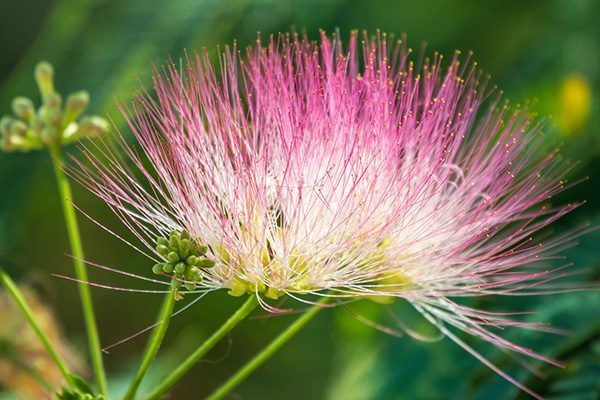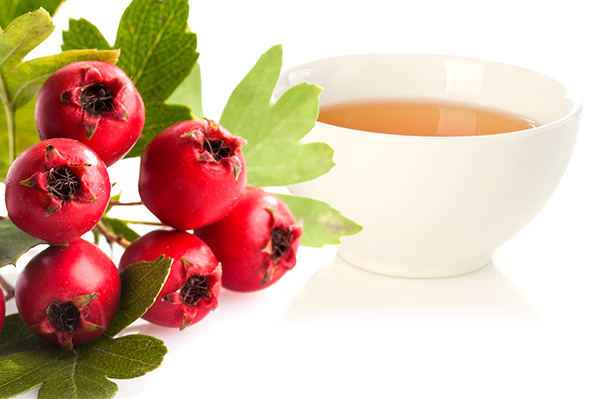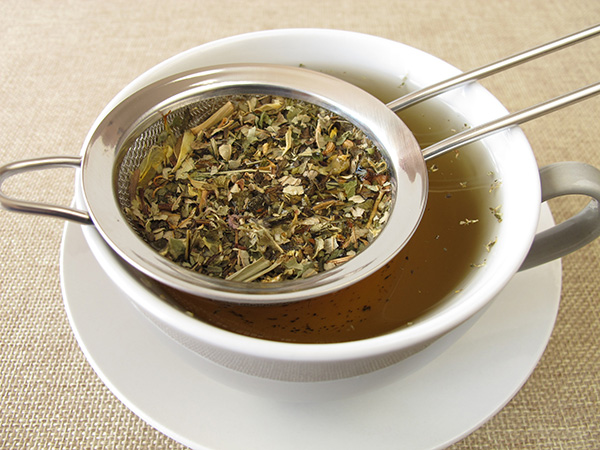Fennel Tea: Benefits, Side Effects, and How to Make It
Fennel tea is a herbal tea that originates from the Mediterranean plant, fennel. A member of the carrot family, fennel is recognized by its feathery leaves and yellow flowers. Its seeds, highly aromatic and flavorful, are used to brew this therapeutic concoction. This infusion combines a licorice-like taste with various health benefits, making it a delightful addition to any tea collection.
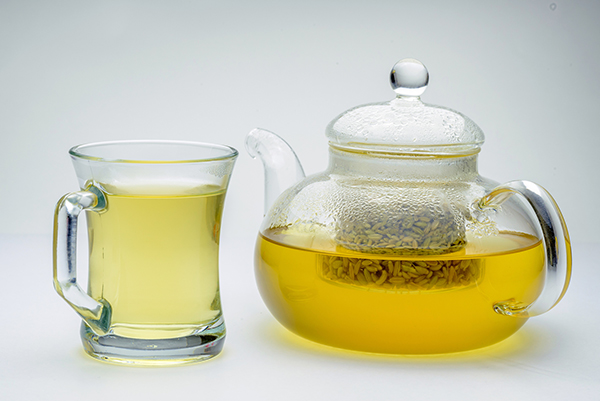
Potential Health Benefits of Fennel Tea
Fennel tea has a range of health benefits.
Digestive Aid
Fennel tea has long been appreciated for its digestive benefits. The active components in fennel, such as anethole, fenchone, and estragole, help in relaxing the muscles of the gastrointestinal system. This relaxation can alleviate bloating, gas, and stomach cramps, promoting overall digestive wellness.
Respiratory Health Support
Historically, fennel has been used as a remedy for respiratory ailments. The natural expectorant properties of fennel can assist in clearing nasal congestion and soothe coughs, contributing to overall respiratory health.
Antioxidant Powerhouse
Fennel seeds are rich in antioxidants like flavonoids and phenolic compounds, which help fight harmful free radicals in the body. These antioxidants can contribute to preventing chronic diseases and supporting overall health.
Fennel Tea Side Effects
While the health benefits of fennel tea are numerous, certain side effects should not be overlooked.
Allergic Reactions
Some people might be allergic to fennel and its derivatives, including fennel tea. Symptoms can range from skin reactions to breathing difficulties. If you experience such symptoms, discontinue use immediately and consult a healthcare professional.
Potential Drug Interactions
Fennel can potentially interact with certain medications, including those for seizures and estrogen-based drugs. Before incorporating fennel tea into your routine, discuss it with your healthcare provider, especially if you are on medication.
Who Should Not Drink Fennel Tea?
While fennel tea can be enjoyed by most, pregnant and nursing women, individuals with a history of hormone-sensitive conditions, or those scheduled for surgery should avoid drinking fennel tea. Always consult with your healthcare provider if you have any health concerns or medical conditions.
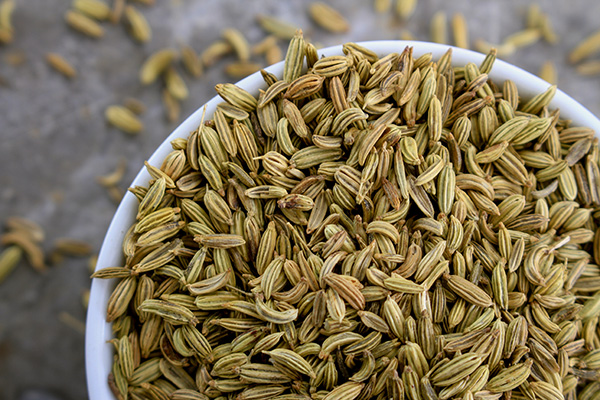
How to Make Fennel Tea
Making fennel tea at home is an easy task. Here’s a simple guide to help you brew the perfect cup.
- Start by boiling 1 cup of water.
- Add 1-2 teaspoons of fennel seeds into a teapot.
- Pour the boiling water over the seeds.
- Let it steep for 10-15 minutes.
- Strain the tea into your cup and enjoy.
Please ensure to follow the manufacturer’s instructions if you are using pre-packaged fennel tea.
Final Thoughts
Fennel tea, with its myriad benefits and easy preparation, can be a great addition to your wellness routine. However, it’s important to remember that like any herbal product, moderation is key. Keep potential side effects in mind, and consult with your healthcare provider when necessary.
FAQ
What Does Fennel Tea Taste Like?
Fennel tea has a mild, sweet flavor with notes of licorice and a slightly minty finish. It’s a refreshing and soothing herbal tea enjoyed by many.
When Should I Drink Fennel Tea?
Fennel tea can be enjoyed any time of the day, but it is particularly beneficial after meals to support digestion.
How Often Can You Drink Fennel Tea?
There’s no strict guideline for how often you can drink fennel tea. However, moderation is always key. It’s generally safe to consume 1-2 cups a day. For branded products, adhere to the manufacturer’s guidelines.
How Long Can You Drink Fennel Tea Safely?
In general, fennel tea can be consumed safely for weeks at a time. If you plan to drink it for an extended period, do so under the guidance of a healthcare professional, especially if you have existing health conditions. Remember to follow the instructions if you’re consuming a branded product.
Is Fennel Tea Good for Lactation?
Fennel tea is often recommended to nursing mothers to promote lactation. It contains phytoestrogens, which are believed to help stimulate milk production. However, more scientific research is needed to confirm its effectiveness.


